Posts by Josh Powell
Page 2

Announcing: Development Gateway’s New Strategic Plan
Building on 20+ years of experience, Development Gateway announces its FY23-25 Strategic Plan. DG will expand its role as a global leader in both data and digital for development, working toward a digital development agenda that builds trust between institutions and the constituents they serve. This strategy lays the foundation for how we will achieve that vision.

Challenging Pessimists—and Optimists—to Reimagine Data and Power
Josh Powell and Jenna Slotin reflect on the Data Values Project and building a movement for change in data for development.
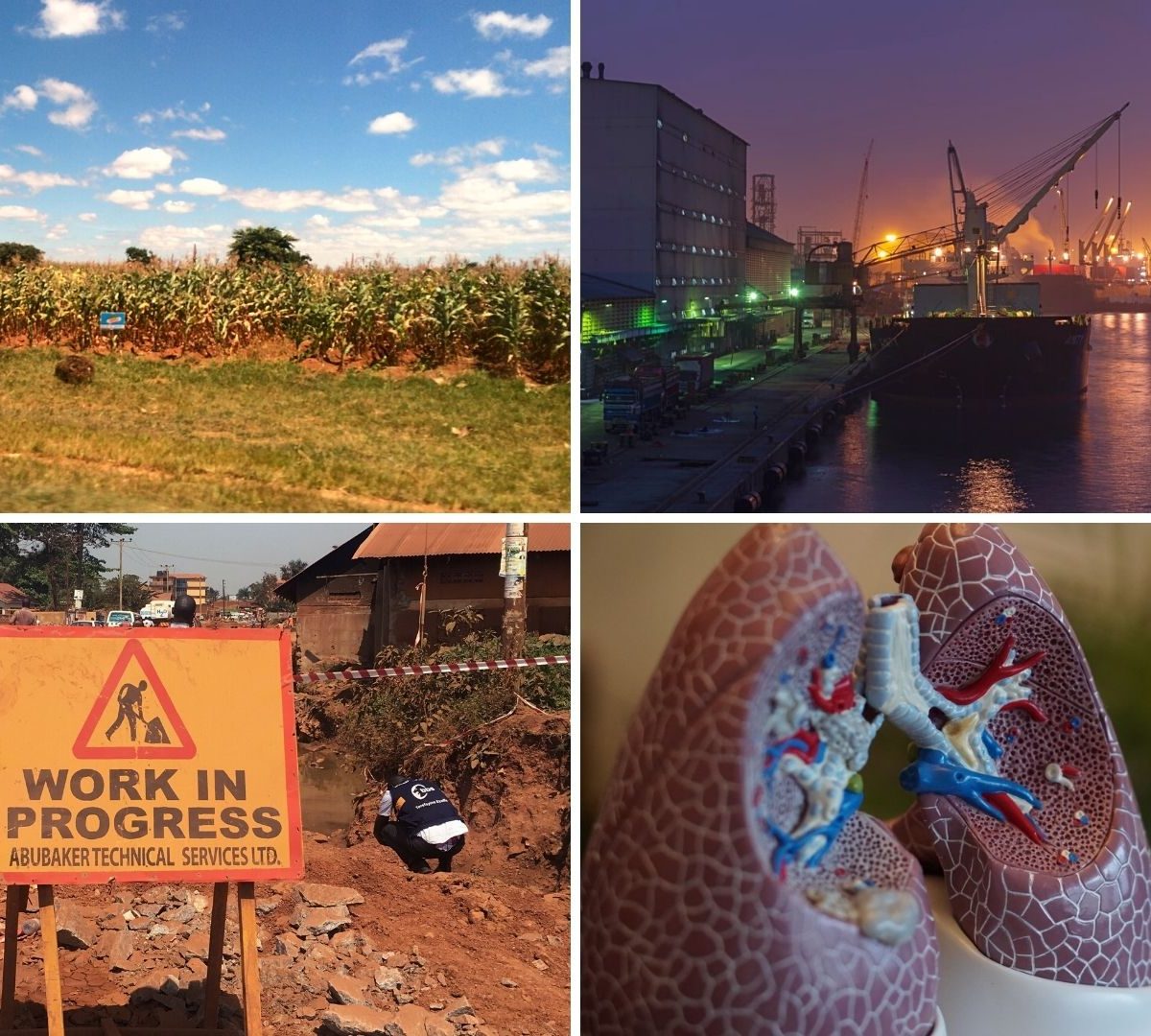
The State of Data in DG’s Work
As we review our strategy, we plan to share here much of what we’ve learned through programming in more than a dozen countries – from our work and from our excellent partners – about the state of data in agriculture, tobacco control, open contracting, and the extractive industries. For each theme, we’ll explore who are the key data users, the decisions they make, the most important data gaps, and the crucial risks of data (mis)use. Here we share previews from some of our flagship programs.
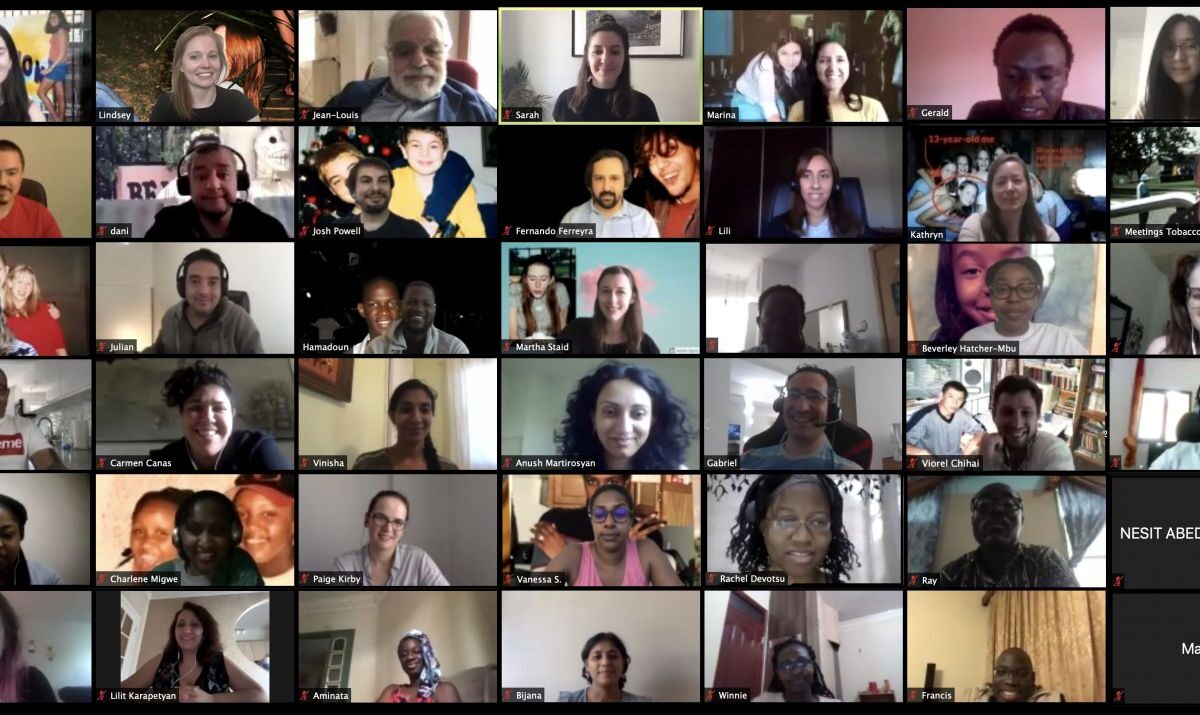
Turning 20 in 2020…
As we look forward to DG’s next decade, which coincides with the end of the 2030 SDG era, the tumult of the present, together with our core identity and skills, point us to several opportunities to contribute to a more hopeful future. We are looking forward to working with our partners in making DG’s 3rd decade our most ambitious and successful one yet.
-1200x960.png)
James Beresh joins DG Board of Directors as Chair of the Finance Committee
At the beginning of the year, we welcomed James Beresh as DG’s new Chair of the Finance Committee. He will be helping manage and oversee DG’s financial team with expertise and great care, to help ensure DG’s financial positioning into the future. Read more about his role.
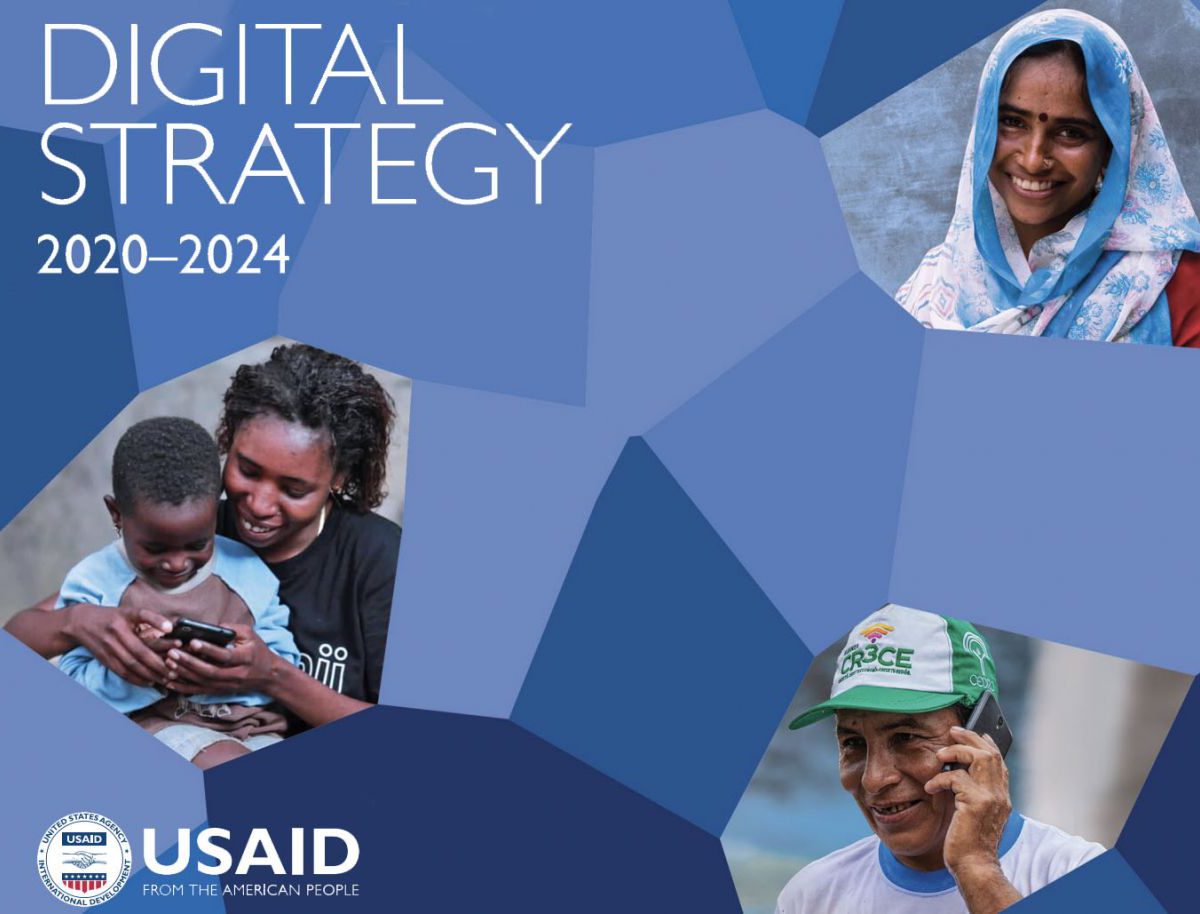
Building on Digital Development: Takeaways from USAID’s First Digital Strategy
Yesterday USAID launched its first-ever Digital Strategy, which aims to bring coherence and direction to programs and approaches already employed by the agency. We found a lot to like, but also some key misses that could limit the impact on USAID’s work. Here are five highlights recommendations for improvement.

Introducing Our Newest DG Board Members
DG’s Board of Directors plays a crucial role in helping to define the scope of our work, ensuring that our progress is aligned with our mission, vision, and strategic plan. Today, we are pleased to welcome two new members to the DG Board.

Cheering on, Learning from, and Supporting Gender Work through Open Heroines
“What do you think, Josh?” The questions kept coming to me, no matter how many times I reminded our counterparts in the government that my female colleague was the assessment lead, had more experience, and was an expert in this topic on which I was a relative novice. I redirected again to my colleague, only to have the process continue to repeat itself.
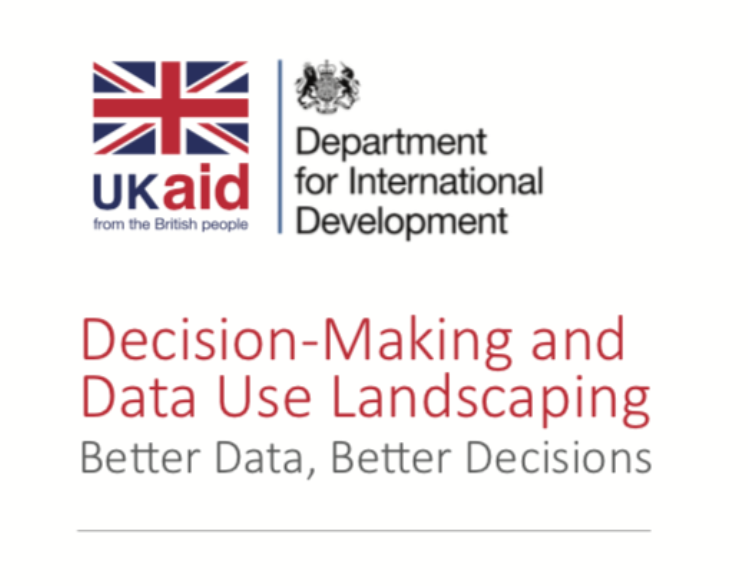
Understanding How DFID Makes Decisions – Landscape Report on the Role of Data
The UK’s Department for International Development (DFID) and Development Gateway (DG) are pleased to release a new report entitled “Decision-Making and Data Use Landscaping: Better Data, Better Decisions - May 2017 to October 2018.” This work examines the role that data plays in supporting key decisions taken by DFID at the strategy, portfolio (sector or country), and programme level. Supported by the Bill & Melinda Gates Foundation through DG’s Results Data Initiative, the report synthesises in-depth interviews with approximately 60 DFID staff across four country offices, all sector teams, and senior management.
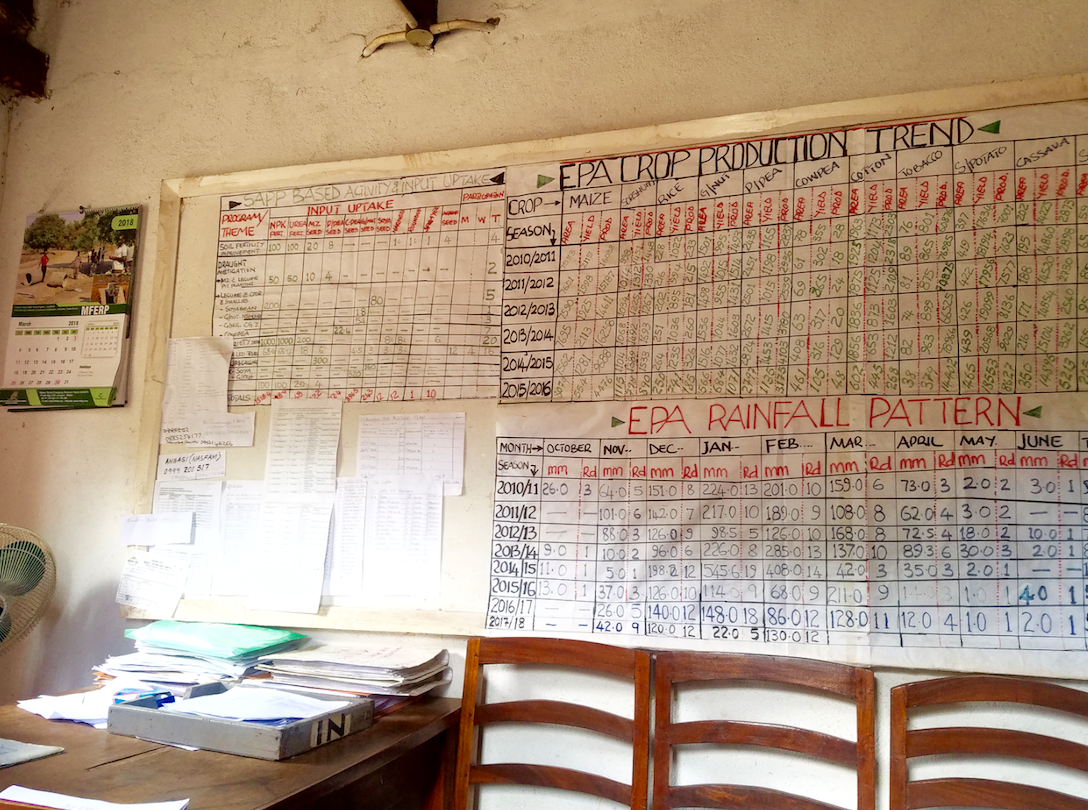
On the Money: Getting Funding for Data Right
Last week, we shared our schedule for this week’s Data for Development Festival, hosted by the Global Partnership for Sustainable Development Data (GPSDD) in Bristol, UK. The event brings together a vibrant community of governments, foundations, private sector and nonprofit organizations, galvanized by the belief that data, used well, can drive better development outcomes and